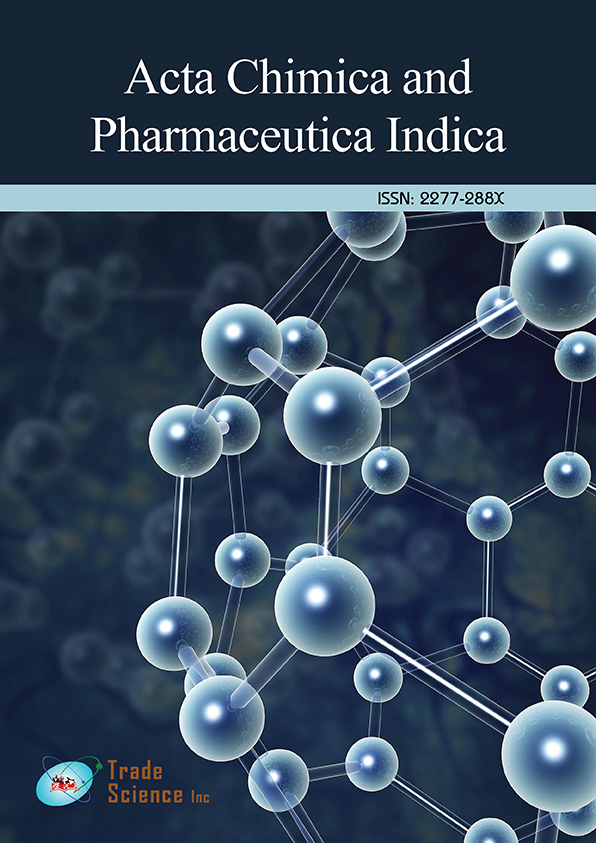Abstract
Poria cocos modulates Th1/Th2 response and attenuates airway inflammation in an ovalbumin-sensitized mouse allergic asthma model
Author(s): Muh-Hwan SuPoria cocos (Schwein) F.A. Wolf (syn. Wolfiporia cocos) dried sclerotium, called fuling(FL), is an edible, saprophytic fungus commonly used as a tonic and antiaging traditional Chinese medicine that reportedly possesses various pharmacological properties, including anti- inflammation and immunomodulation. In the previous study(Life 2021, 11, 111.), we have shown that FL extract (Lipucan®) containing lanostane triterpenoids enhances non-specific (innate) immunity though activating natural killer cells and promotes interferon (IFN- y Type 1 T-helper (Th1) cells immune response. It is well known that NK cells and IFN- st viruses that initially invaded the body and activate subsequent adaptive immunity. NK cells are classified as non-specific (innate) immunity responsible for killing virus-infected cells. However, few studies have investigated the effects of FL on allergic diseases, such as allergic asthma(AA). AA is caused primarily by Th2 immune response and characterized by airway inflammation. This study first demonstrated the anti-allergic and anti-asthmatic effects of FL extract. FL extract obviously exhibited reduced inflammatory cell infiltration in the peribronchial and peribronchiolar regions compared to the asthma group in the histological analysis of pulmonary tissue sections in mice. Prolonged FL extract administration significantly reduced eosinophil infiltration, PGE2 levels, total IgE, and OVA-specific IgE. Moreover, FL extract markedly suppressed Th2 cytokines, IL-4, IL-5, and IL-10. Our results suggest that FL extract remodels the intrinsic Th1/Th2 response to prevent or alleviate allergy-induced asthma or symptoms.
